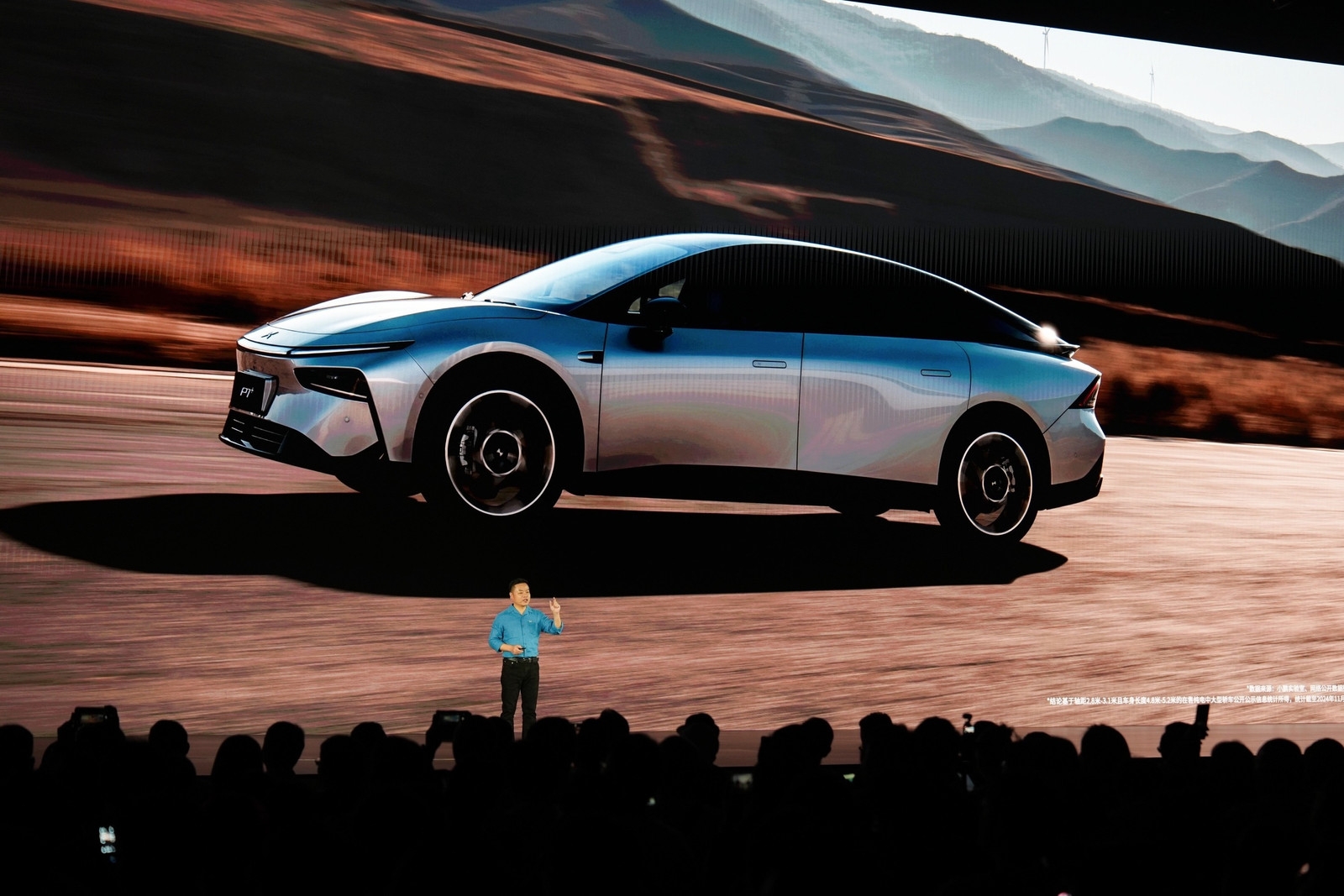Sign up for daily news updates from CleanTechnica on email. Or follow us on Google News!
Yesterday, the same day that Juan Diego Celemín Mojica discussed at length for CleanTechnica the matter of global peak oil demand and how the International Energy Agency and OPEC+ are noticing versus ignoring EV sales growth in China and declining oil demand, the US Energy Information Administration put out an “in-brief analysis” on What’s driving decreasing gasoline consumption in China? How ironic!
The article starts off by noting that oil demand in China has been down for the past few months compared to the same months in 2023.
Thankfully, the agency didn’t ignore electric vehicles and even led with them in its short list of explanations for the decline. “Gasoline consumption in China has begun to fall in recent months amid increased sales of electric vehicles, slow economic growth, and population decline,” the EIA wrote.
“These trends led us to reduce our forecast growth in consumption of petroleum and liquid fuels in China in 2024 and 2025 in our Short-Term Energy Outlook (STEO). China’s growth of 0.1 million b/d in 2024 and 0.3 million b/d in 2025 will mostly be driven by petrochemical feedstocks instead of transportation fuels, reflecting increased petrochemical manufacturing in the country,” the agency added. It also noted the significant marker we’ve written about multiple times — that plugin vehicles surpassed 50% of passenger vehicle sales in China last month, October 2024, and notable increase over the 40% share in October 2023.
“Although increased BEV and plug-in hybrid sales are only one factor moderating recent gasoline consumption in China, continued market penetration of these vehicles could weigh on the future of gasoline consumption,” the EIA concludes.
“In China, typically between 20 million and 25 million passenger vehicles are sold every year. In the future, depending on future sales trends and the number of internal combustion engines decommissioned, BEVs and hybrids could make up a large portion of the total vehicle fleet in China. Although we do not forecast consumption for individual petroleum products such as gasoline or diesel in countries other than the United States in our STEO, we factor in fundamental shifts that affect petroleum product consumption in our forecasts.
“In China, increased sales of BEV and hybrid vehicles, a declining population, and slower economic growth have limited growth in gasoline consumption. Based on the latest forecast from Oxford Economics, China’s GDP is expected to grow by 4.1% in 2025, which is slower than the 6.7% GDP growth rate average from 2015 to 2019, before the COVID-19 pandemic. Oil consumption correlates with economic activity, and slower GDP growth could also be limiting gasoline consumption. In addition, China’s population has begun to decline, which may reduce total miles driven and gasoline consumption.”
So, there we are. While still discussing an economic slowdown and declining population, and rightfully so, we now have a significant official energy agency from the USA, the largest oil producer in the world, saying out loud the obvious point other major energy agencies have been avoiding. Well done, EIA, and particularly Jeff Barron, the principal contributor to that in-brief analysis.
The EIA has to be a bit more cautious, but we here at CleanTechnica can prognosticate a bit more. Based on trends from the past several years and basic understanding of geopolitical and economic matters, I presume that forecasted oil demand will decline faster than most are expecting, thanks in large part to EV sales growth in China and also now elsewhere as Chinese automakers quickly increase the EV exports to countries large and small around the world. Watch this space.
Have a tip for CleanTechnica? Want to advertise? Want to suggest a guest for our CleanTech Talk podcast? Contact us here.
Sign up for our daily newsletter for 15 new cleantech stories a day. Or sign up for our weekly one if daily is too frequent.
CleanTechnica uses affiliate links. See our policy here.
CleanTechnica’s Comment Policy






